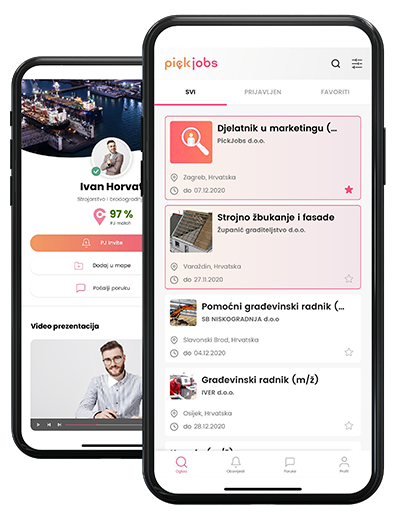Although many of the things that bother you may be relatively benign, some aspects of working in a new workplace can be very frustrating - your new boss may not be as helpful as you thought he would be, work responsibilities may be more difficult or take up a lot more of your time than you expected, or the culture of the new workplace will not suit you.
Besides quitting, a lot of people wonder what they can do to change it. Amy Drader, a management consultant at Growth Partners Consulting, says that in this case, the key to adapting to a new job that is not what you hoped for is to practice patience and understand that it still takes time to learn a new job and "feel out" social and organizational chart in the new company.
Drader believes that everyone in a new job should take these steps and go through the following stages before making a final decision:
Commit to staying at the job for at least one year
As long as your new workplace doesn't cross any legal or ethical boundaries, nor are the working conditions so bad that they put people's physical and mental health at risk, Drader advises that you commit to staying at your new job for at least a year - two if you've moved to a new one. mid-career job.
Deciding to stay for at least a year helps remove the uncertainty of what to do and also gives you a chance to gain a fuller understanding of your new job and its responsibilities.
As Drader wrote 'often the first years are the hardest, especially as we increase our expertise and scope of responsibility. Getting the full picture of the job won't happen until you've been at your job for at least 12 months'.
Sticking it out for a period of time will also give you reassurance that you're not the problem, but that the job really isn't for you.
Realize that the learning process is uncomfortable
A new job is often uncomfortable at first, since you have to learn how things work in order to do your job optimally, you need to allow yourself time to make mistakes and learn business processes. This can be a difficult phase, and people often feel incompetent in their new role, which disappears with time and experience.
- In your previous role, you had a level of expertise and knowledge that gave you confidence. You didn't have to think about who to talk to or how to do something, you already knew it all. When you start a new job, you often lose it all and have to start all over again - writes Drader.
He advises using the Conscious Competency Model to understand what it will look like and feel like during the different stages of learning in a new job. According to the Model of Conscience Competence, there are four stages of learning, namely:
Unconscious incompetence
Unconscious incompetence is when you don't know what you don't know, for example before starting a new job, when you may not have realized what knowledge or skill you lack. Basically, this is the 'ignorance is bliss' stage. As blissful as this is, it is not a good stage for business development.
Conscious incapacity
Conscious incompetence is when you start to realize how much you don't know. This is a really awkward stage where it's easy to feel lost or alone. When starting a new job, if you feel overwhelmed with everything you need to learn or feel like you're making too many mistakes, then you're experiencing conscious incompetence.
It is important to remember that everyone goes through this phase at some point and that it is an essential part of professional development. After all, if you never figure out what your knowledge and skill gaps are, how will you ever fill them?
Conscious competence
Conscious Competence is the stage where you have gained a fairly broad understanding and experienced some success, but realize that you still have more to learn. However, when you are consciously competent, there is a belief that even though you don't have the answers right now, you know how to get them.
Unconscious competence
After a while, what you've learned can become so ingrained in your daily operations that you no longer have to consciously think about what you're going to do, you just do it, writes Lifehacker.
This is the case with many elite athletes who have practiced their skills until they no longer have to think about how to do something - they just do it.
For example, if you ask a tennis player who has been practicing his serves all his life to describe what exactly he is doing, it will probably be difficult for him to explain because these movements are so 'ingrained' that they don't even think about them.
Don't lose hope
As you progress in your new job, hopefully you'll come from realizing how much you don't know, to the confidence that even though you don't know everything yet, you have the skills to find the answers you need.
This is a difficult journey, so it's important to be patient with yourself and remind yourself that learning is a lifelong journey, not a destination.
As difficult as a new job can be, it often pays to persevere through the uncomfortable stages, so you can have the satisfaction of learning the new skills you need to succeed in your new role.

 Croatia
Croatia Bosnia and Herzegovina
Bosnia and Herzegovina Serbia
Serbia Crna Gora
Crna Gora North Macedonia
North Macedonia Ukraine
Ukraine Albania
Albania Kosovo
Kosovo Austria
Austria Deutschland
Deutschland Switzerland
Switzerland









